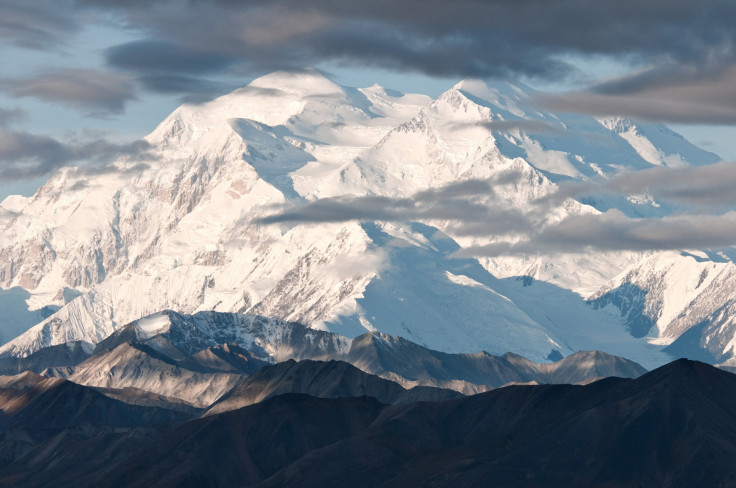Mountaineers on Denali in Alaska need to take back their poop, says researcher
The National Park Service (NPS) has been trying to protect the slopes of Denali – formerly known as Mount McKinley – in Alaska.

Mountaineers on North America's tallest mountain Denali may have to start packing back their poop after a researcher found that a glacier in which much of it was dumped was not decomposing the human waste.
The National Park Service (NPS) has been trying to protect the slopes of Denali – formerly known as Mount McKinley – in Alaska.
They have asked climbers to keep waste off the mountain's surface; however, climbers collect their poop in biodegradable bags and pitch it into deep crevasses on the glacier, The Guardian reported.
According to a glacier geologist, Michael Loso, about 36,000 mountaineers who attempted to trek the mountain between 1951 and 2012 have deposited up to 215,000 pounds (69 to 97 metric tons) of solid human waste only on the Kahiltna glacier, the most popular summit route.
Loso's research indicates that the human waste never actually reaches the bottom of the glacier. This also states that it never fully disintegrates.
He also said the only source of drinking water in the mountains, which is the melting snow, is now contaminated by the excrement, The Guardian reported. This contaminated water can spread bacterial illnesses, which is considered to be deadly at a high altitude.
However officials are coming up with new regulations in which climbers are instructed to drop their waste in only one high crevasse, where a huge ice cliff is thought to pulverise the poop and render it inert, The Guardian reported. Climbers are also told that they would have to carry out the rest of their waste.
According to NPS, since the start of 2007, they had asked climbers to collect their human waste in "Clean Mountain Cans". This is a portable toilet invented by a Denali park ranger and it resembles an extended coffee can.
After Loso tested human poop on the mountain, it was concluded that after a year, bacteria in the waste had not broken down, The Guardian reported.



















